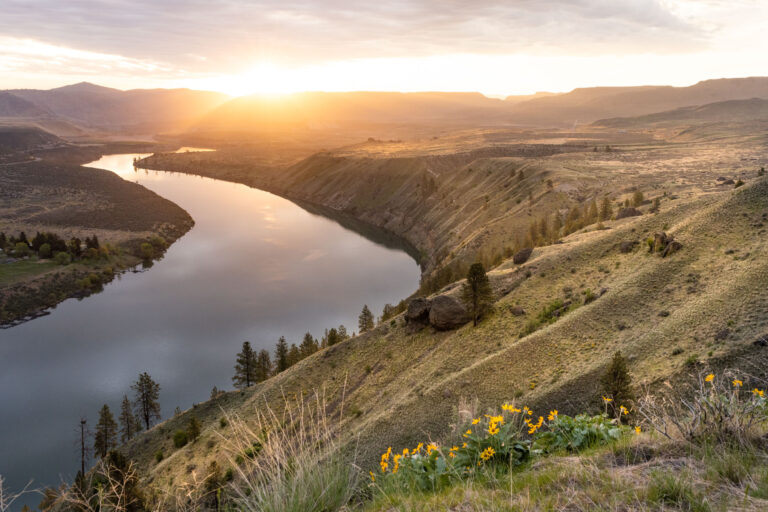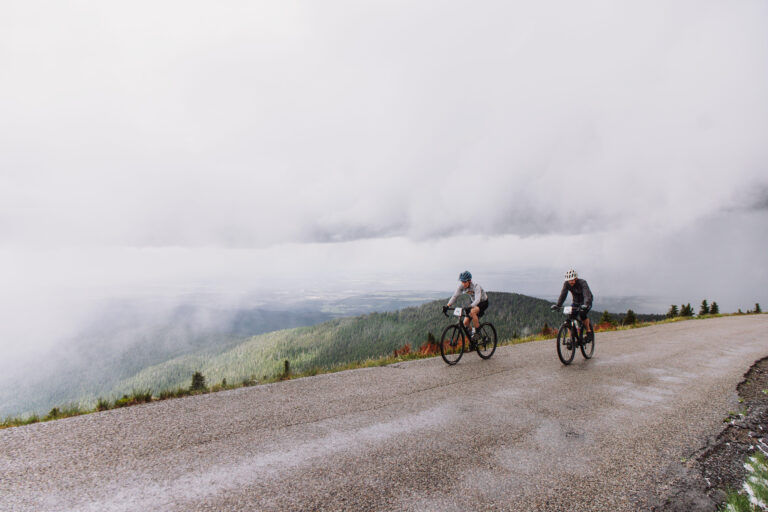We humans are a competitive bunch. I’m sure you’ve heard the old saying that the first bike was invented on a Monday, the second on a Tuesday, and the first race on Tuesday afternoon. Okay, perhaps your version is different, but you get the idea. We’ve been seeing who can go faster, throw farther, lift more, etc. since the dawn of time, and today is no different.
All of the world’s competitions have their proverbial climactic event. The Superbowl. The Olympics. The Stanley Cup. The World Series. The Tour de France.
This July, the cycling world returns to the roads of France for the 110th edition of the Tour de France, or “Le Tour” if you want to sound all cool and Euro (best said sipping espresso with tight pants and a good dose of attitude). For 23 days, starting July 1st in Bilbao, Spain and ending on the picturesque Champs-Elysees in Paris, cycling’s best converge to battle over mountains, cobblestones, heat, and both good and bad luck.
“But wait, you said it is the Tour de FRANCE, but it starts in Spain?!?”
Yeah, there are times that the race actually pokes out of its namesake country, mainly for financial gain and a bit of mixing up the course to keep everyone on their toes.
So, long introduction aside, what does one need to know to comprehend this event that so many people of the world passionately view and cheer with almost lunatic frenzy? (No, really: the audience for the Tour eclipses the Superbowl with over 15 million spectators attending, and over a billion television viewers, compared to the Superbowl’s 70 thousand on-site fans and 200 million television viewers.)
Let’s break it down. Le Tour is known as a stage race. Each individual race day, called a stage, is a competition within itself, with daily victors and the rewards that accompany. However, each day is timed, so, for example, if you, dear reader, and I were competing against each other, and you finished 10 seconds ahead of me today, and I, for some reason, found the fountain of youth and finished 20 seconds ahead of you tomorrow, I would be in the lead by 10 seconds. Make sense? That’s the simple way of understanding. Each day is a race, but the overall fastest time is what decides it. Stages for this year’s edition range from just over 13 miles to over 120, and can be mass start or individual “time trial” efforts against the clock. Yes, they do it in one go. Yes, their butts get tired.
“So, you’re saying that if I win a stage, I’m not the winner of the Tour (Sorry, LE Tour)?”
Correct. Although, winning an individual stage has such high merit and accolades to reward the individual rider guaranteed national pride as well as job security.
Now, for the jerseys. When Le Tour was created, it was difficult for spectators to understand who was in the lead. All they could see were sweaty, gritty-faced, emaciated athletes pedaling by. It was then that the organizers decided they would drape the current leader in a jersey resplendent in the color of the main sponsor, a French newspaper, L’Equipe’s pages color, yellow.
But things were not all right. Many of the riders who couldn’t contend for the overall prize became frustrated and wanted to have something to keep them (and their sponsors) happy.
This is where the other key competitions were included in the event. A green “sprinter’s” jersey was awarded to the rider achieving the most points at key locations along the day, including each day’s finish line. A red polka dot jersey was created to award the svelte climbers who were awarded points at the top of each mountain. A white jersey for the top placed rider under 23 years old, all being included to create a reason for all participants to challenge for something.
Cycling appears to be a sport of individual effort. This is partially true. I’m sure you’ve seen how closely they all ride together? Well, that’s because the draft created by following another can reduce the strain of up to 40% compared to the rider in front. Just like getting passed on the highway by a semi, except this semi is a 5% body fat Italian in skin-tight Lycra.
This is where teamwork comes into place. Without a proper team, no one person can win a bike race. There are multitudes of situations that can change the dynamic of a race, and the strongest rider doesn’t always win. Tactics can trump fitness.
So, what does this all mean? It takes a bit of time to grasp the overall race, but just like any other sport, the personalities, national pride, drama, history and joy are all rewards of spending a bit of time to gain perspective of the sport that a large portion of the world endears itself to. Pick a team, choose your favorite riders, and pour a proper espresso.
Patrick Bulger has been an active and competitive cyclist for far too long. He is also the host and creator of The Packfiller Podcast, a weekly show featuring the world of road, mountain, and gravel cycling. He has seventeen bikes.













